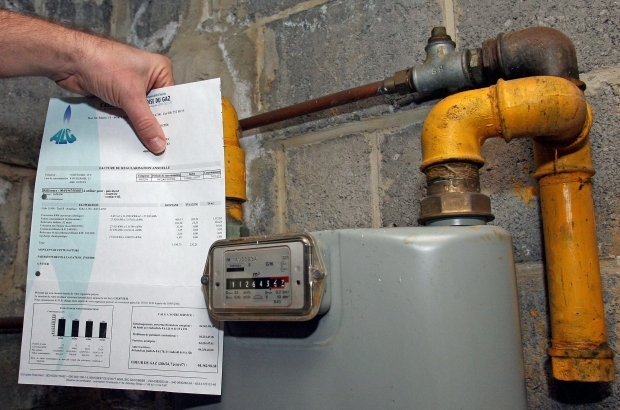- Daily & Weekly newsletters
- Buy & download The Bulletin
- Comment on our articles
Energy prices in Belgium reach highest level since early March
The price of gas in Belgium has peaked above €190 per megawatt hour, its highest level since early March.
Before the Russian invasion of Ukraine, the European gas price on the futures markets hovered around €80 per megawatt hour.
Driving the latest spike was the news that less gas would be delivered from the Nord Stream 1 pipeline that flows from Russia to Germany, a reduction that begins on Wednesday.
Russia is halving the amount of natural gas it supplies to Germany via the pipeline from 67 million cubic metres per day to 33 million, which equates to just 20% of the pipeline’s total capacity.
The timing of the announcement exacerbated the market effect: coming at a time when European countries are beginning to build their gas reserves in preparation for the autumn and winter.
The Nord Stream 1 had only recently reopened after maintenance, which prompted brief relief in the market. But this dissipated once it was confirmed that Russia would not resume its usual deliveries, as many feared would be the case.
European countries reliant on Russian gas
European countries are interdependent when it comes to energy supply; because Germany will receive less gas from Russia, its neighbouring countries will have to step in and share their own supplies in order to keep prices as stable as possible.
Just last week on 20 July, the warmest day in UK history, parts of London only narrowly escaped a power blackout thanks to an undersea connection with Belgium.
British consumers had to pay a record price of £9,724.54 per megawatt hour for the power that came from Belgium, some 5,000% more than on a normal day.
“If Belgium had not come to the rescue, the grid operator would have been obliged to direct demand and disconnect homes,” a spokesman for the British grid said.
Now that Russia is drastically lowering the amount of gas it supplies to Germany, European energy ministers are meeting to discuss a proposal that entails a 15% decrease in consumption in order to absorb the loss.















